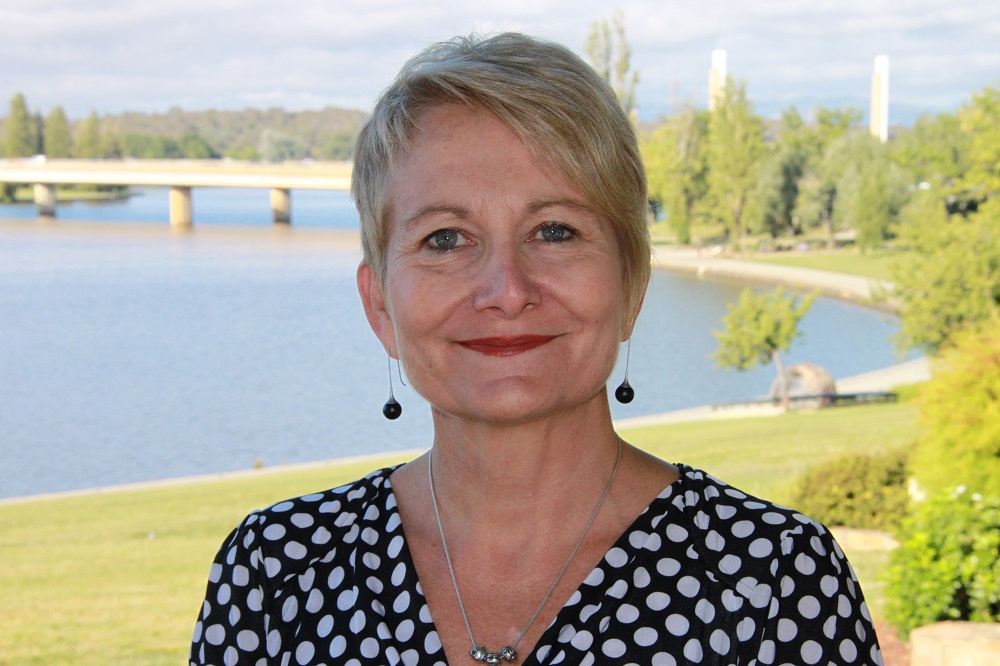Suzanne Lazaroo
25 August 2020: A new multi-disciplinary study will investigate the effects of the extreme bushfire season and the COVID-19 pandemic on pregnant women and their babies, as a first step to ensure that their needs are met in today’s health landscape, says University of Canberra Professor of Midwifery Deborah Davis.
“Pregnant women, new mothers and babies all have special and specific needs – the ultimate aim of this study is to make sure that the services they need are provided and that expectant mothers have the necessary information to make informed decisions,” Professor Davis said.
Conducted in collaboration with The Australian National University (ANU), the University of Wollongong, Canberra Health Services and NSW Health, the study will bring together obstetricians, midwives, sociologists and endocrinologists, to name a few.
These varying perspectives and approaches will combine to build a more complete, holistic bigger picture, with the results of the study being used to formulate both long- and short-term healthcare and emergency crisis responses.

In addition to the effects of bushfire smoke exposure and the possibility of being cut off from health and medical services, the crises in question also proved to be major stressors.
Professor Davis and her fellow midwives noted that as the previous bushfire season began and grew in seriousness, followed by the pandemic taking hold, many pregnant women and new mothers experienced heightened anxiety and stress.
“There has been much uncertainty and fear, many questions that we don’t yet have answers to,” she said. “We are interested not only in how something like bushfire smoke might impact pregnancy but also in the impacts of heightened levels of stress.”
“I doubt that the recent bushfire season was our last, and now we have the COVID-19 pandemic to contend with – so this study is of great relevance to these vulnerable cohorts.”
Researchers hope to extend into a longitudinal study, following the babies of affected women at least till school age.
“This would be very valuable because then we can get a very comprehensive picture of the impacts,” said Professor Davis.
The study kicks off with a four-part survey which will explore living conditions, access to housing and childcare, job prospects, mental and physical health aspects of both mother and baby.
To be eligible, participants would have been pregnant or had a baby no older than three months on 1 February 2020 or became pregnant by 30 April 2020, in Canberra and south eastern New South Wales.
Participants can click here for the online survey.
Alternatively, a paper copy of the survey is also available; call 02 51242549, send a text to 0421268459 or email mc2020study@anu.edu.au to get one of these.


